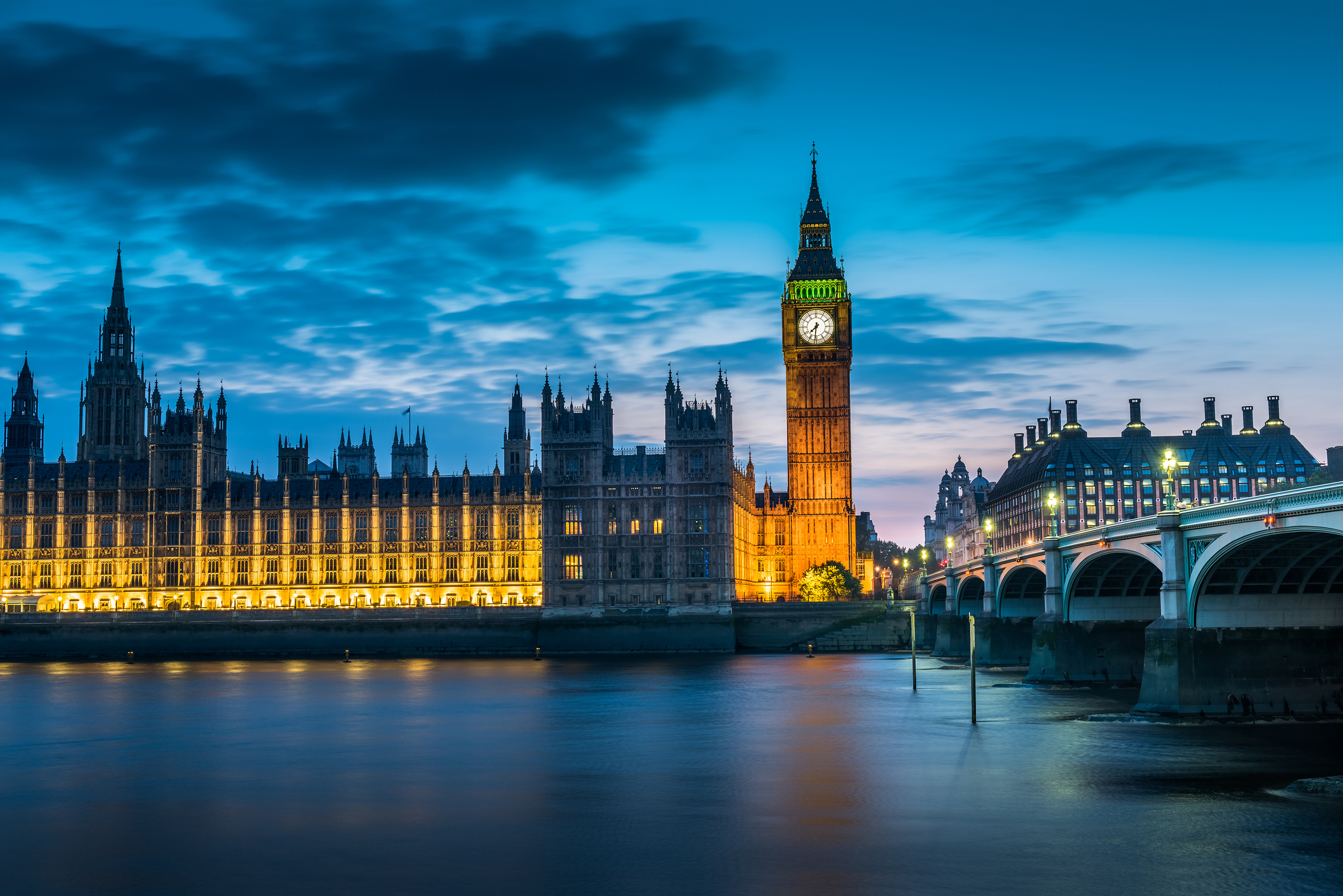A study into the parliamentary candidates standing at the next general election has found the next cohort of MPs is unlikely to be more diverse than the present parliament.
A new report, released today by the political mapping and visualisation platform, Polimapper, provides the first detailed aggregate analysis of those set to make up the next House of Commons.
It finds that although there has been a sustained move to greater diversity in general elections since 1992, that progress now seems set to stall. In terms of gender, ethnicity, age, or educational background, the profile of the “Class of 24” largely mirrors the current make-up of the commons.



With 105 of Westminster’s 650 MPs so far with plans to retire from frontline politics, the next general election is expected to return the highest proportion of newly elected MPs since 1945. As a consequence, there has been increased focus on candidate selections in recent months — but trends have been difficult to identify and trace.
Polimapper’s report focuses on so-called “prime candidates”, defined as a successor to an existing MP or a challenger in a key target seat that current polling suggests will be vulnerable at the next election.
By mid-November 2023, 275 of these 362 prime candidates had already been selected.
Among the candidates making up this “Class of 24”, just 39 per cent are women.
Currently, 35 per cent of MPs are women (225 of 650), while women and girls make up 51 per cent of the population of England and Wales according to the 2021 Census.
It comes after leaders of the three main political parties last week released statements supportive of the cross-party group 50:50 Parliament, which aims to achieve gender equality in the House of Commons, and its #AskHerToStand campaign.
Prime minister Rishi Sunak posted on X (formerly Twitter): “Do you know a woman who’d make a great politician? #AskHerToStand today.
“I am joining [50:50 Parliament] in encouraging women from all backgrounds to get involved in politics”.
Leader of the Labour Party Keir Starmer said in a video posted to the same platform: “Today, there are just 224 female MPs. Ask Her To Stand day aims to change that. …
“The next generation of women should experience less inequality than women that have come before them, but it’s far from job done. I see in my daughter and her friends the potential that generation holds.
“They rightly expect equality, they are digitally savvy. They see the potential in technology and social change. They know they can do any job as well as their male friends.”
But with three-quarters of prime candidates for the next parliament already selected, the figures show the major political parties look set to collectively fall some distance short of the 50:50 aim.
Within the “Class of 24”, Labour has selected the highest proportion of female candidates at 45 per cent.
This compares to 30 per cent for the Lib Dems, 29 per cent for the SNP, and 26 per cent for the Conservatives.
In September, then-Conservative Party chairman Greg Hands gave an interview to website Conservative Home in which he said he is “very worried” that so few women were being selected as Conservative candidates.

He said: “I’ve not wanted to go down the route of anything like all-women shortlists or anything like that, but I am concerned at the number of women being selected and I am looking at different ways we can do something about it”.
“It’s a piece of active work at the moment, so I can’t really tell you the details of the different things I’m looking at, but it is an area of concern”.
On top of this, of the presently selected prime candidates, only 30 of the 275 candidates, or 10.9 per cent, are from an ethnic minority background.
This is the same level as the current parliament, after the 2019 general election returned 66 MPs, roughly 10 per cent, from ethnic minority backgrounds.
The 2021 Census recorded 18 per cent of the UK population belonging to a Black, Asian, mixed or other ethnic group.
There is no notable difference between the Conservatives (11 per cent) and Labour (12 per cent) in terms of ethnic minority representation among its prime candidates. The figure was lower for the Liberal Democrats, and zero for the SNP.
Polimapper’s study also found 17 per cent of the “Class of 24” have been educated at Oxford or Cambridge, compared to 22 per cent of MPs elected at the 2019 general election.
Nathan Coyne, the managing director of Polimapper, said of the findings of the White Paper: “The median length of an MP’s service is 13 years, so the impact of the recent parliamentary selections is likely to be felt on UK public life well into the 2040s.
“With three quarters of prime candidates in place, public affairs industry professionals can already begin the process of assessing what the next generation of MPs will mean for their campaigns, and issues of interest.
“Our suite of tools is designed to help them start that process, by both identifying who they need to be speaking with and engaging them using constituency level data.”
New report confirms fears political parties are embracing ‘localism’ when selecting future MPs

Polimapper is owned by Senate Media Ltd, the political publishing company that also owns Politics.co.uk.
Politics.co.uk is the UK’s leading digital-only political website, providing comprehensive coverage of UK politics. Subscribe to our daily newsletter here.

